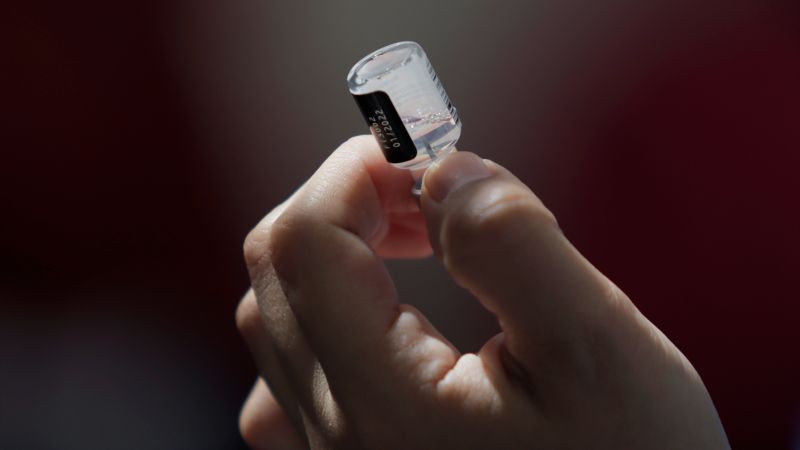The U.S. Department of Health and Human Services (HHS) has officially announced its decision to “wind down” the development of messenger RNA (mRNA) vaccines, marking a significant shift in the approach towards vaccine technology. This decision was communicated on Tuesday and indicates a move towards funding alternative vaccine platforms through the Biomedical Advanced Research and Development Authority (BARDA). Secretary of the HHS, Robert F. Kennedy Jr., elaborated that as part of this transition, BARDA will terminate 22 mRNA vaccine investments. He justified this decision by stating that the mRNA vaccines do not effectively protect against upper respiratory infections, such as COVID-19 and the flu, despite the evidence showcasing their capability to reduce severe disease and mortality.
In his communication, Kennedy emphasized that HHS thoroughly reviewed existing scientific data, consulted with experts, and took appropriate action based on these findings. Moving forward, HHS aims to prioritize vaccine technology platforms that have demonstrated stronger safety records and maintain transparent clinical and manufacturing practices. The agency stated that technologies funded during the emergency phase that do not meet current scientific standards will be phased out in favor of more ethically grounded and evidence-based solutions, including whole-virus vaccines and novel vaccine platforms.
The mRNA technology, pivotal in combating COVID-19, involves delivering a single-stranded piece of the virus’s genetic code into the body, enabling cells to produce a portion of the virus’s spike protein. This exposure prepares the immune system to recognize and combat the actual virus upon infection. The COVID-19 pandemic underscored the advantages of mRNA vaccines, particularly their rapid development and manufacturing capabilities, which played a central role during the public health emergency through initiatives like Operation Warp Speed.
However, the Trump administration’s stance, as articulated by Kennedy, has evolved into skepticism regarding the mRNA approach, especially with the termination of a notable $590 million contract with Moderna aimed at developing a vaccine for avian flu. Criticism surrounding these decisions has emerged from various healthcare professionals, including Dr. Peter Hotez, a pediatrician and vaccine development expert, who argued that this decision promotes pseudoscience and compromises the nation’s biosecurity. Hotez highlighted that mRNA technology has distinct advantages for dealing with pandemics and developing innovative medical therapies, cautioning that the federal government’s decision to pivot away from mRNA innovation would leave states unsupported in addressing emerging health challenges.
The ramifications of this decision have elicited concern from various stakeholders in the biomedical field. For example, HHS has cancelled BARDA’s award to Moderna for an H5N1 vaccine, concluded contracts with Emory University and Tiba Biotech, and “de-scoped” mRNA-related work with several other companies. Overall, the agency reported that the affected projects represent approximately $500 million in investment.
Responses from impacted companies have been varied; Moderna expressed a lack of awareness regarding any new contract cancellations beyond those previously announced. Conversely, Gritstone indicated that it had ceased operations. Scientific communities have voiced discontent, with influential vaccine scientists like Dr. Paul Offit condemning Kennedy’s decisions as misaligned with scientific consensus. Offit highlighted that the claims of mRNA vaccines being excessively dangerous are unfounded, asserting the technology’s safety and effectiveness instead.
In light of the implications surrounding public health, numerous healthcare professionals, including Dr. Jake Scott, expressed disappointment regarding the HHS’s decision to retract investment from mRNA vaccines. Scott, who closely witnessed the benefits of mRNA technology during the pandemic, articulated that the advancements brought about through these vaccines significantly altered patient care and outcomes.
Overall, the pivot away from mRNA vaccine development has engendered a sense of sadness and concern among healthcare providers and scientists, many of whom believe that this decision potentially jeopardizes future pandemic readiness and the overall health security of the nation. The landscape of vaccine development is shifting, and the consequences of these policy changes will unfold in the years to come, leaving the door open for discussions around the best pathways forward in public health initiatives and vaccine innovation.












